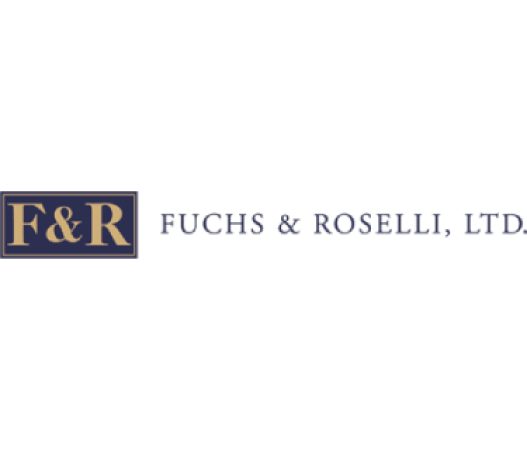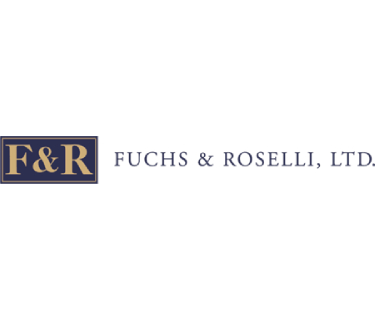The Corporate Transparency Act (CTA) will become effective on January 1, 2024. While the Act does not create a public registry of business entities in the United States, it is intended to set a clear standard for federal incorporation practices, protect national security, combat money laundering and terrorism financing, and ultimately bring the United States into compliance with international money laundering and counter terrorism financing standards.
The Act requires Reporting Companies to disclose information about the entity, the Company Applicant, and its Beneficial Owners to the Financial Crimes Enforcement Network (FinCEN). The disclosures must include the Beneficial Owner’s and Company Applicant’s full legal names and date of birth, each Owner’s current residential address, each Applicant’s current business address, and an identification number from a driver’s license or passport or a FinCEN Identifier number which can be requested, along with a copy of whichever identifying document is being used. A Company Applicant is the individual who directly files a document creating a domestic reporting company, the individual who directly files a document registering a foreign reporting company, the individual primarily responsible for directing such a filing. There can only be two Company Applicants and the definition of Company Applicants only applies to a Reporting Company formed or registered after January 1, 2024. A Beneficial Owner is an individual who directly or indirectly through any contract, arrangement, understanding, relationship or otherwise exercises substantial control over the entity or owns or controls at least 25% of the ownership interests of the entity. Substantial control is defined as individuals who are senior officers, or those with authority to appoint or remove any senior officer, those with authority to appoint or remove a majority of the board of directors or the equivalent, or those who can direct, determine, or have a substantial influence over important decisions made by the Reporting Company.
Not every company is being required to make disclosures under the Act. The Act defines a Reporting Company as a corporation, LLC, or other similar entity created by filing a document with a secretary of state or another similar office or one that is formed under the law of a foreign country and registered to do business in the United States by the filing of a document with a secretary of state or another similar office. The definition of Reporting Companies includes LPs, LLPs, and business trusts, but has twenty-three exemptions, some of which include general partnerships, trusts, large operating companies, 501(c) tax exempt charitable organizations and foundations, 527(e)(1) political organizations, and 4947(a)(1) and (2) charitable and split interest trusts from the definition of Reporting Companies. Large operating companies are defined as a company with 20 or more full time employees with gross receipts of sales as reported on a federal income tax return of over $5 million and an operating presence at a physical office in the United States.
Existing Reporting Companies must make these disclosures by January 1, 2025, while Domestic and Foreign Reporting Companies formed January 1, 2024 and after must make these disclosures within 30 calendar days of their registration. If a Reporting Company has any change to the information previously submitted to FinCEN, they must make report the updated information within 30 calendar days. An individual who willfully provides false or fraudulent information or fails to report complete or updated information faces a civil penalty of $500 per day as long as the violation is unremedied as well as a criminal fine of up to $10,000 per day and/or two years in prison. However, there is a 90 day safe harbor if an individual voluntarily submits a report which contains correct information.
You should be taking steps in the time before the Act becomes effective. You should be addressing the Act in your engagement letters and operating agreements and obtaining a FinCEN identifier as soon as possible.





